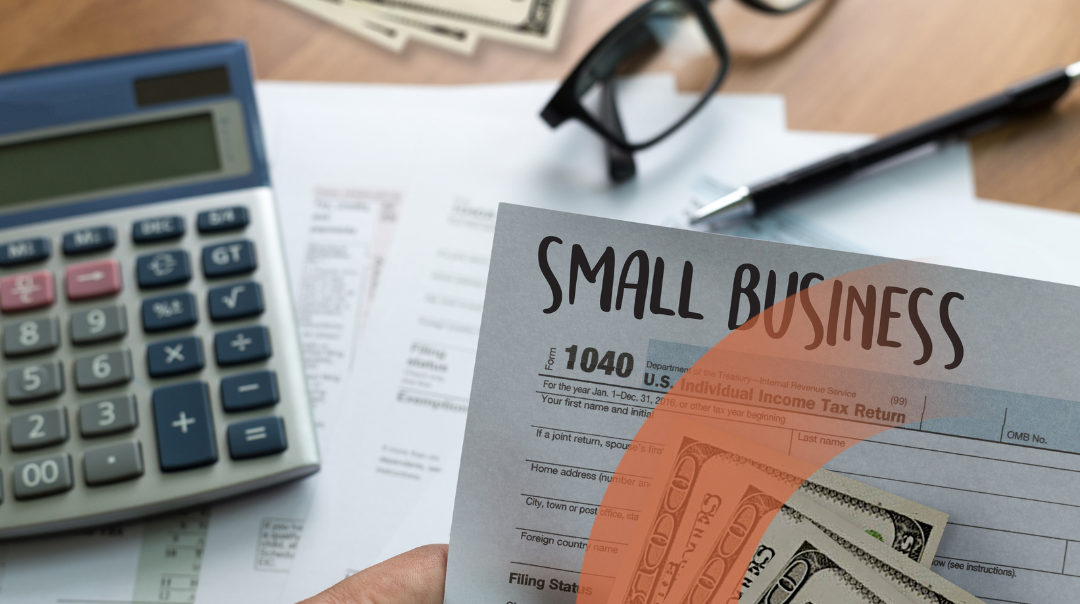The biggest inclusion in the Federal Government’s 2024 Budget from an insolvency practitioner’s perspective was that recoveries to repay outstanding superannuation is now a consideration when the FEG recovery program is looking to fund liquidators’ recovery actions.
The Fair Entitlements Guarantee (“FEG”) Scheme, administered by the Department of Education and Workplace Relations (“the Department”), provides payment of certain unpaid employment entitlements to eligible employees who lose their job through insolvency of their employer. Superannuation is one of the entitlements that aren’t currently included under the FEG scheme.
Once entitlements are paid under the FEG scheme, the Commonwealth steps in the shoes of the employee as a subrogated creditor and is entitled to claim in the liquidation as a priority creditor under the Corporations Act 2001.
The FEG Recovery Program provides funding to liquidators to enable recovery efforts in circumstances where the liquidators do not otherwise have the financial resources to pursue.
Claims that the Department may fund include:
- investigations, such as public examinations, independent solvency reports and legal advice on prospects
- voidable transaction claims, such as unfair preferences and uncommercial transactions
- insolvent trading claims
- transactions entered into with the intention to avoid employee entitlements, and
- claims against receivers and secured creditors for failure to pay employee entitlements
Previously, where employment entitlements had been paid under FEG, liquidators could apply for funding assistance where:
- claims could be brought against third parties to recover value for creditors
- the claims have reasonable prospects of success or further investigations are required to determine the prospects of success, and
- if successful, the claims will result in a better return of advances made under FEG.
From 1 July 2024, the FEG Recovery Program will be recalibrated to fund actions which also aim to recover unpaid superannuation entitlements owed by insolvent estates (employers in liquidation or bankruptcy).
As such, when considering the commerciality of funding actions, the Department will now assess whether the claims will result in a return of advances made under FEG as well as whether the claims will result in a better recovery of superannuation guarantee charge (“SGC”). The ATO remains the priority creditor for outstanding SGC in insolvent estates.
As at 30 June 2023, the Australian Taxation Office estimated that there was $2.1 billion in outstanding superannuation owed to employees, the majority of which is owed by small business. As an insolvency practitioner, it is often an outstanding claim in a formal appointment scenario.
This is a substantial change and will likely result in additional recoveries being made for the benefit of priority and unsecured creditors.





